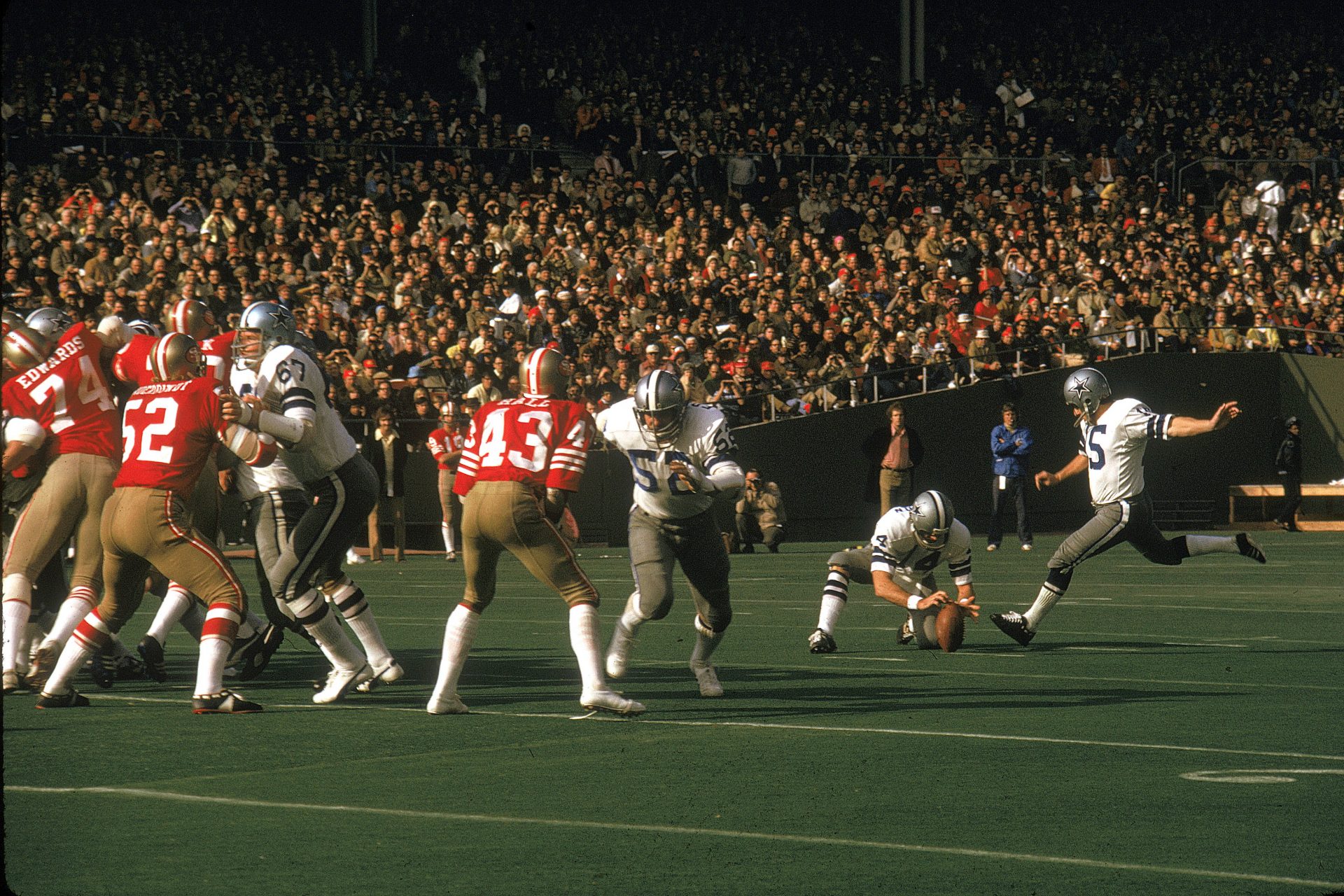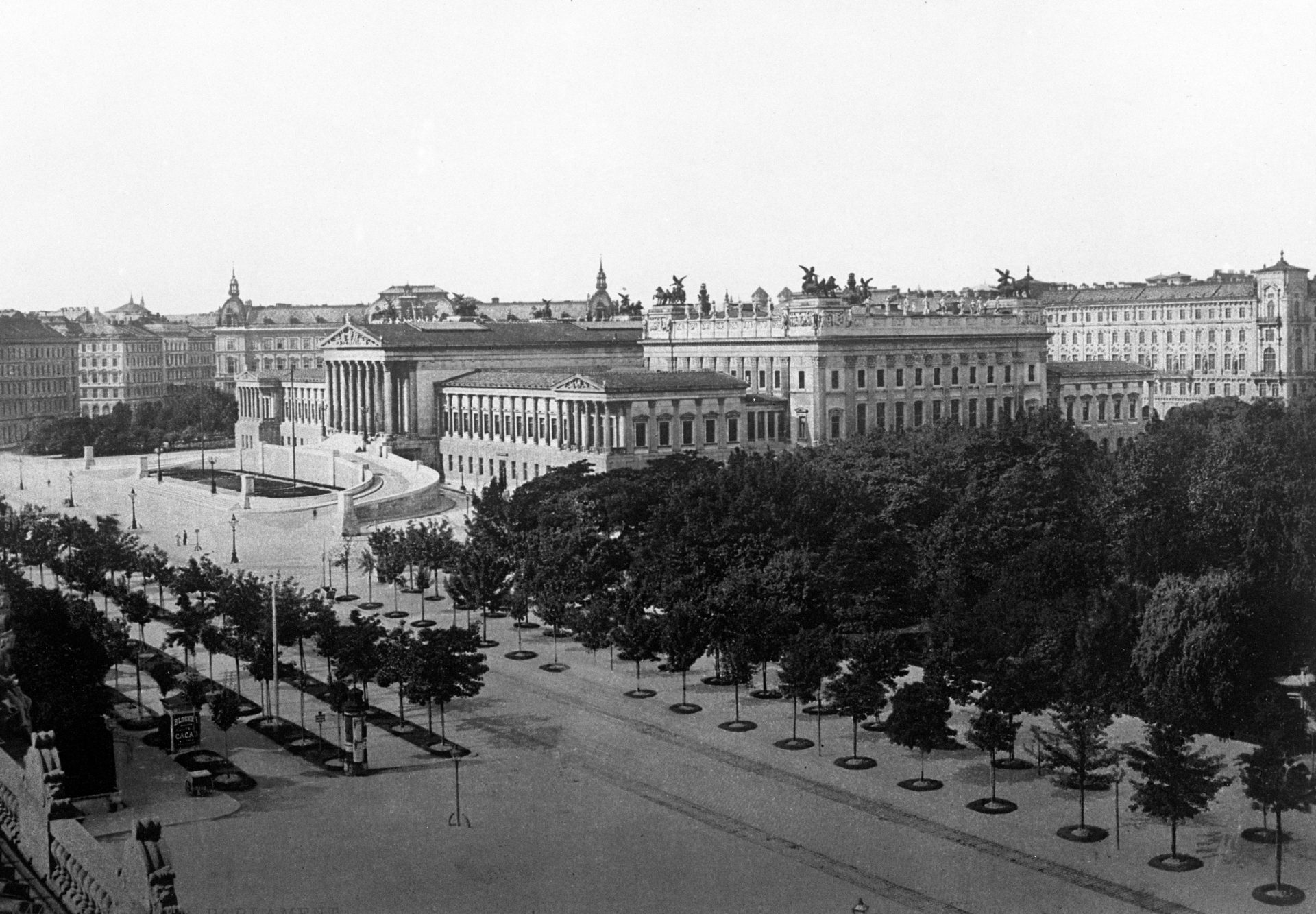On a chilly October night at Wembley Stadium in 1965 a diminutive, slight 20-year-old Rapid Vienna forward named Toni Fritsch made his international debut for Austria. With his ill-fitting shirt hanging off his skinny frame and cuffs pulled down over his hands, stuck out on the right wing he looked a little like the last kid to be picked in the playground.
With 15 minutes to go England were 2-1 up. The 1966 World Cup was a few months away and the home side, unbeaten in ten matches, were expecting a comfortable night against an Austrian team bottom of their qualifying group with a solitary point.
Fritsch had made little impression until a hopeful 75th minute Austrian free-kick from long range was spilled by England goalkeeper Ron Springett and landed at his feet.
Instinctively he thumped it low into the net for the equaliser. Five minutes later, Nobby Stiles dallied on the ball in the centre circle. Fritsch whipped it from his toes, hared towards goal and as the English defence retreated the youngster smacked an unstoppable 25-yard shot past Springett into the roof of the net.
When the final whistle sounded to a chorus of boos ten minutes later, no-hopers Austria had become only the third team from outside these islands to beat England on their home turf. “Words almost fail me,” began Geoffrey Green’s match report in the Times the next morning. In Vienna meanwhile, Fritsch was bestowed with the nickname he would keep forever: ‘Wembley-Toni’.
By 1971 Wembley-Toni had reached a career crossroads. He’d been a key part of three Rapid Vienna title winning sides, including two consecutive championships in 1966-67 and 1967-68, but since then, nothing. Wembley had proved to be the only occasion he was part of a winning Austrian national side and he couldn’t add to the two goals he thumped past Springett that night. After winning nine caps he was never picked for his country again. He’d also noticed that defenders he used to turn inside out were now winning the ball from him and the goals weren’t rattling in like they used to. It felt like the end of something, that he’d achieved all he was ever going to on the football field. He was 26 years old.
Still a national hero, Wembley-Toni hadn’t had to buy a drink in his home city since 1965 but he knew he couldn’t live off that magical, freakish five minutes forever. His contract at Rapid was running down and he wasn’t entirely sure it would be renewed. Should he slip gently down the divisions, drifting around smaller clubs for less money just for the sake of first-team football? Or should he cut his losses and find a new path away from the game?
Just as he was mulling over limited options, the Dallas Cowboys came to town.
It sounds hard to believe but in the late 1960s American football underwent a technical revolution rooted in central Europe. Until then NFL goal kickers had run up to the ball in a straight line, bunted it with the toe-end of their boot and hoped for the best. It gave them a conversion rate of barely 50%. Then Pete Gogolak arrived. A refugee from the Hungarian uprising of 1956, Gogolak had grown up playing football on the streets of Budapest and took up the American code as a student at Cornell University. When he took a place kick he’d walk two steps back, three to the side and approach the ball from an angle, soccer-style, striking it with the top of his foot and instep instead of his big toe.
This groundbreaking technique gave Gogolak an 80% conversion rate and made him a star first at the Buffalo Bills, then the New York Giants. Deducing there must be plenty more Gogolaks on the other side of the Atlantic, America’s professional teams looked east.
The Cowboys arrived in Vienna as part of a scouting tour they called the Kicking Karavan. They set up at the city’s Hohe Warte stadium, once the hilltop home of the Austrian national side during its glory days of the 1930s but by then a crumbling, under-used arena that happened to have a set of American football goals left behind by GIs stationed in the city after the war.
The first player they tried was Toni Fritsch. He spoke no English and had never seen American football before but did as he was asked and sent the ball soaring between the posts from wherever on the field the Americans put him. The Cowboys offered him a contract on the spot.
Orphaned in his teens, unmarried and with his career at Rapid expiring there was nothing to keep Fritsch in Vienna. He had the contract translated, read it, signed it, and boarded a plane for Texas.
Within weeks he was on the field in a Cowboys uniform for his debut at the St Louis Cardinals’ Memorial Stadium, needing to nail a kick in the dying seconds to win the game in front of a hostile crowd and hostile opposition.
“You’re gonna choke, kid,” shouted the Cardinals’ linebacker Larry Stallings as Fritsch addressed the ball. “You’re definitely gonna choke!” The mind games were a waste of time: Fritsch still didn’t speak a word of English. He took two steps back, three to the side, exhaled, and planted the kick between the posts and the Dallas Cowboys had a new hero.
That year he helped them to their first-ever Super Bowl and the following season kicked a club record 21 field goals. Toni Fritsch, a washed-up footballer at the age of 26, was suddenly an NFL sensation.
In 1972 he even introduced the rabona, a mercurial piece of soccer showboating, to American football. The Cowboys were trailing the San Francisco 49ers with less than two minutes on the clock as Fritsch lined up his kick. The 49ers expected a field goal attempt, but instead, Fritsch planted his left foot to the right of the ball, swung his right leg behind his left and chipped the ball diagonally forwards instead. The element of surprise sowed enough uncertainty among the 49ers defence that the Cowboys were able to turn over the ball and produce a match-winning play. Fritsch was a hero again.
He went on to spend a decade in the NFL, enjoying five years with the Cowboys and a successful spell with the Houston Oilers, settling happily in the Texan city but making regular trips home where for all his transformative transatlantic sporting epiphany he was still Wembley-Toni.
In September 2005 Fritsch was leaving a Viennese restaurant when he collapsed and died on the pavement from a massive heart attack. In the inside pocket of his jacket were the tickets he’d collected that evening for the Rapid Vienna v Bayern Munich Champions League tie the following night. His seat remained empty but the packed stadium stood for a perfectly observed minute’s silence.
Not far away, high on a hill, darkness fell over the Hohe Warte, where three decades earlier a slightly baffled footballer with an uncertain future had kicked an odd-shaped ball repeatedly over a crossbar and wondered why the men from America kept high-fiving each other.




